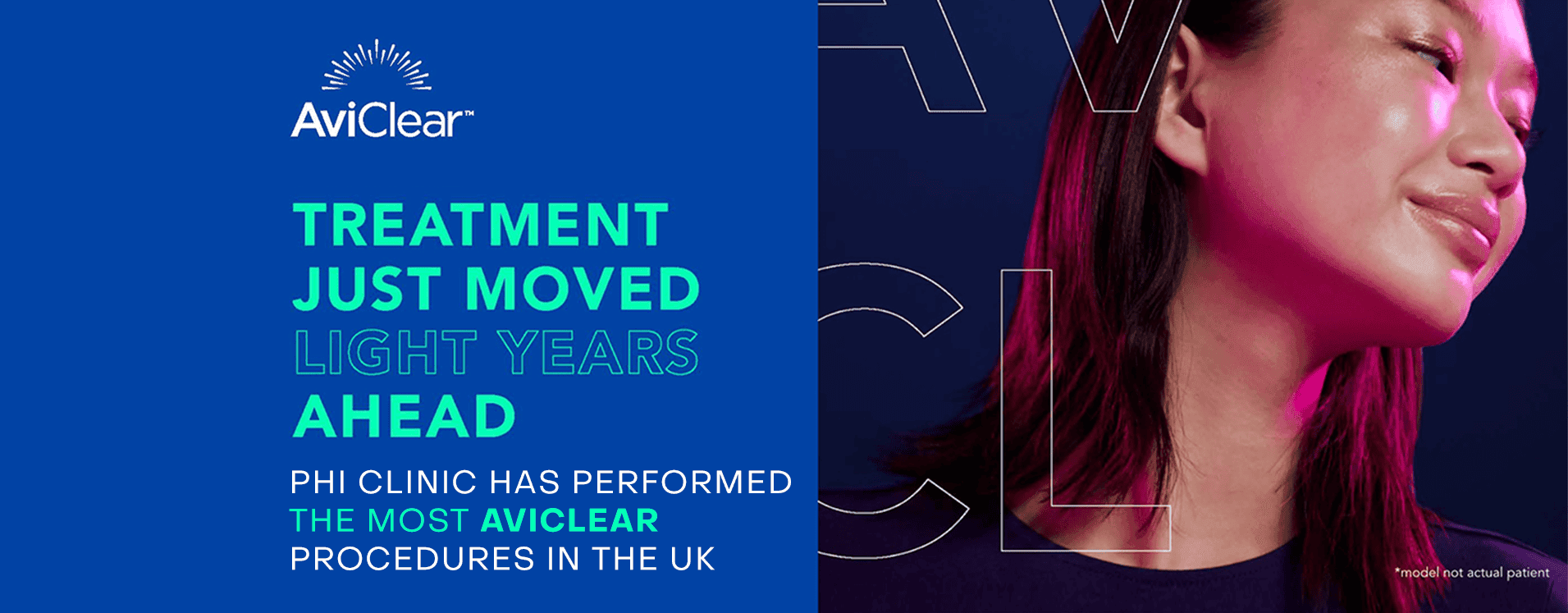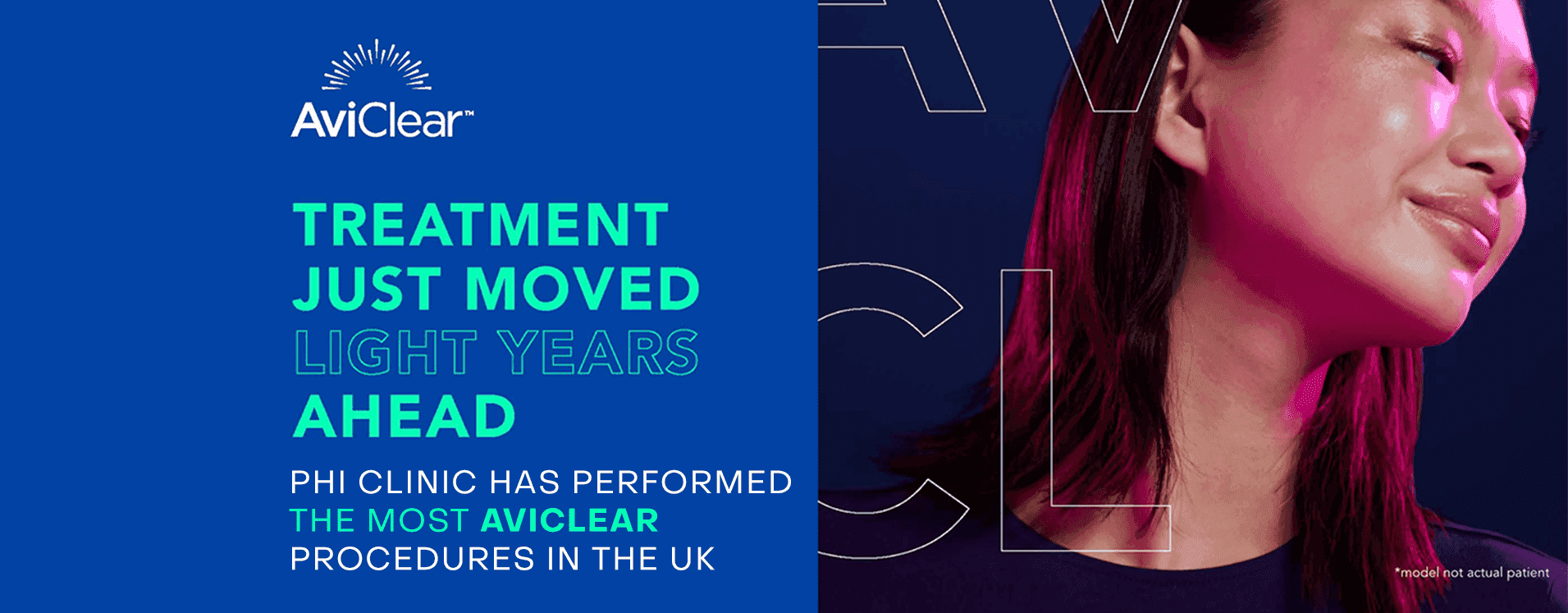Menu
Dr Tapan’s non-surgical London Cosmetic Clinic
Dr Tapan Patel welcomes you to his award-winning luxury aesthetics clinic in London, specialising in the very best non-surgical treatments for face and body.
London’s best clinic for Anti-wrinkle injections volumising treatments like Dermal Fillers, Acne treatment, Profhilo, Skin tightening, Coolsculpting and more, performed by an award-winning team of specialists.
PHI Clinic, founded by Dr Tapan Patel
Dr Tapan Patel is one of the world’s most sought-after and respected cosmetic doctors, with multiple awards to his name. Renowned for delivering beautifully natural results with the highest standards of care, he holds the ultimate industry accolade as the 2023 winner of The Aesthetics Award for Outstanding Achievement in Medical Aesthetics.
Dr Tapan's outstanding skills as an injector are combined with his innate ability to understand each client’s unique needs. Patients feel comfortable and confident on every step of their journey towards their best possible self here at our London clinic.
PHI Clinic, founded by Dr Tapan Patel
Dr Tapan Patel is one of the world’s most sought-after and respected cosmetic doctors, with multiple awards to his name. Renowned for delivering beautifully natural results with the highest standards of care, he holds the ultimate industry accolade as the 2023 winner of The Aesthetics Award for Outstanding Achievement in Medical Aesthetics.
Dr Tapan's outstanding skills as an injector are combined with his innate ability to understand each client’s unique needs. Patients feel comfortable and confident on every step of their journey towards their best possible self here at our London clinic.
A global influence on skin
Dr Tapan's talents have been acclaimed in prestigious titles such as Tatler and Harper’s Bazaar, and viewed by millions across his numerous television appearances, notably appearing in 10 Years Younger in 10 Days.
As a global trainer for Allergan Aesthetics, Dr Tapan is always at the very forefront of the latest techniques and technologies in non-surgical aesthetics.
A global influence on skin
Dr Tapan's talents have been acclaimed in prestigious titles such as Tatler and Harper’s Bazaar, and viewed by millions across his numerous television appearances, notably appearing in 10 Years Younger in 10 Days.
As a global trainer for Allergan Aesthetics, Dr Tapan is always at the very forefront of the latest techniques and technologies in non-surgical aesthetics.
NEW
Treatments
Take a look Inside our clinic
Multi-award winning clinic
Since opening our doors and providing great value and results for our patients we are delighted to highlight that we have picked up a few awards along the way. Understanding that we are not defined by our accolades, we set our own guidelines to ensure we continue to improve our service to patients. We stand for Excellence, Credibility, No Compromise, Satisfaction & Innovation. We substantiate these claims by educating the industry on the latest tried and tested techniques in aesthetics.
Dr Tapan has taught delegates and spoken at congresses in every continent in the world, sharing his knowledge and learning from colleagues. Having witnessed the finest clinics in the world he set out to build his own world class clinic right here in London.
Meet the team
Dr Tapan's expertise and ethos is shared across his award-winning team at PHI Clinic.
Each practitioner is a specialist in their own right, hand-picked and personally trained by Dr Tapan to ensure the very highest standards in care, safety and quality.
Meet the team
Dr Tapan's expertise and ethos is shared across his award-winning team at PHI Clinic.
Each practitioner is a specialist in their own right, hand-picked and personally trained by Dr Tapan to ensure the very highest standards in care, safety and quality.
Location
PHI Clinic
102 Harley Street,
London,
W1G 7JB,
United Kingdom
Tel: +44 7883 317963
Opening Hours
Monday & Tuesday - 9:30am to 6:00pm
Wednesday & Thursday - 9:30am to 8:00pm
Friday - 9:30am to 5:30pm
Saturday & Sunday - Closed
Opening times can change, if your appointment is outside of these times please contact the clinic for confirmation.




